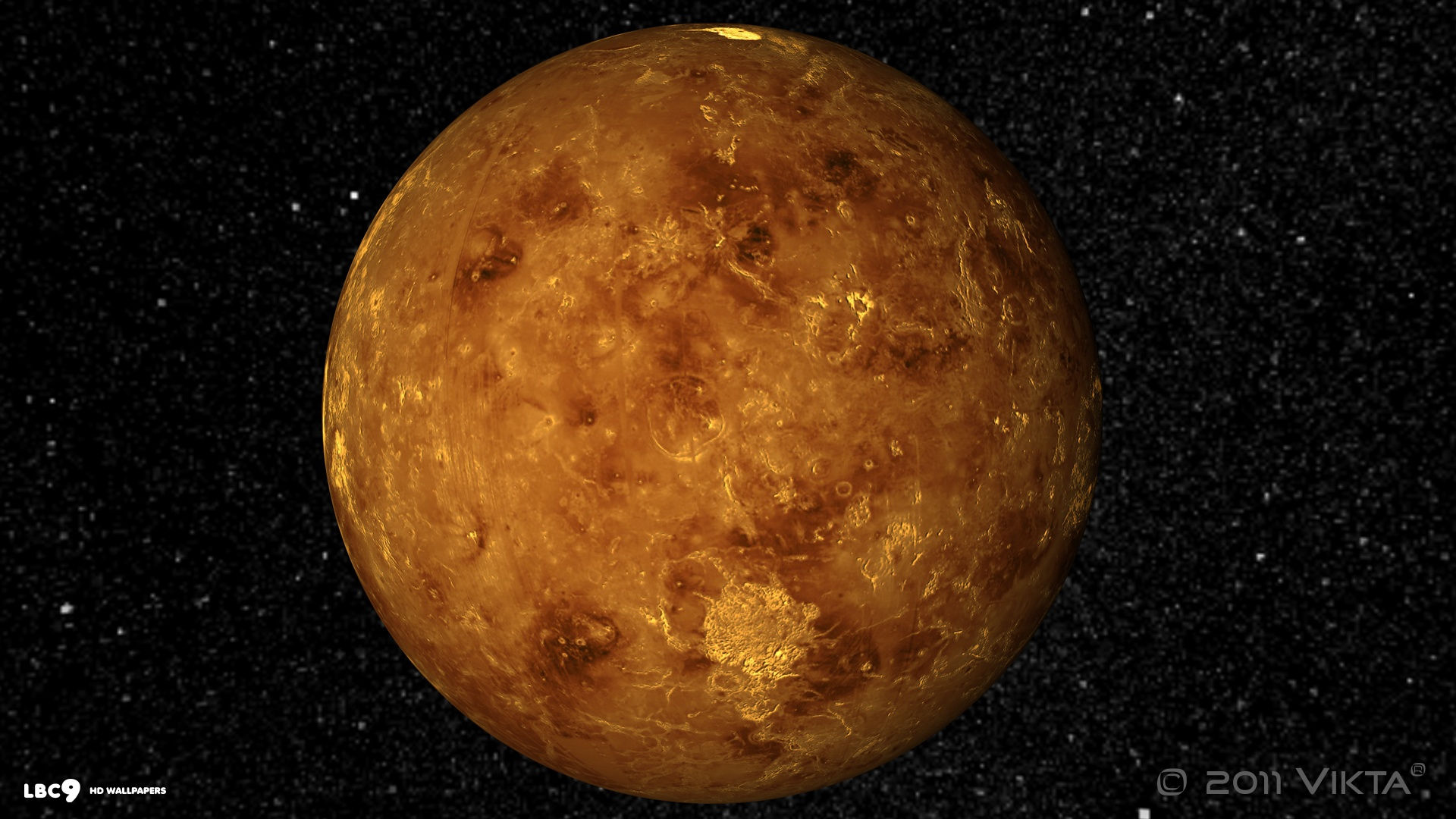Venus is the only planet in the solar system named after a female deity

Venus: The Fascinating Planet Named after a Female Deity

Venus, the second planet from the Sun, has always captured the curiosity of both professional astronomers and casual stargazers. Apart from being known as Earth’s “sister planet,” Venus stands out for a fascinating reason – it is the only planet in the Solar System named after a female deity. In this article, we will explore the intriguing background behind this captivating fact and delve into the significance of Venus as a celestial body.
The Origin of the Name
The Roman civilization played a significant role in the naming of the planets in our Solar System. Venus, specifically, was given its name after the Roman goddess of love and beauty. Known as Venus in Roman mythology, she was the equivalent of Aphrodite in Greek mythology.
The association between the planet and the goddess remained present throughout history. Venus was regarded as the epitome of beauty, love, and fertility, making the choice of name for the planet seem fitting. The characteristics attributed to the goddess Venus were believed to align with the planet’s mesmerizing appearance, especially in the night sky.
Venus: A Planet of Mystery

Apart from its captivating name, Venus possesses several unique qualities that make it a planet of mystery. For starters, Venus has a thick atmosphere composed mostly of carbon dioxide, with clouds containing sulfuric acid. This dense and inhospitable atmosphere creates a runaway greenhouse effect, resulting in extreme temperatures that can reach up to around 900 degrees Fahrenheit (475 degrees Celsius). These scorching temperatures make Venus the hottest planet in our Solar System despite Mercury being the closest to the Sun.
Additionally, Venus rotates on its axis in the opposite direction compared to most other planets. This means that, if observed from above its north pole, Venus would appear to be spinning clockwise. Scientists have yet to determine the exact reason behind this unique rotation, adding to the enigmatic nature of the planet.
The Importance of Venus
Venus has been the subject of extensive scientific research and exploration. It has piqued the interest of astronomers due to its similarities to Earth, such as its similar size, composition, and proximity to the Sun. By studying Venus, scientists hope to gain insights into the development of habitable planets and better understand the factors that shape planetary environments.
Additionally, Venus has been a target for various space missions, including flybys, landings, and orbiting missions. These missions aim to gather data about the planet’s atmosphere, surface, and geological features. The knowledge gained from these missions contributes to our overall understanding of planetary processes and assists scientists in further unraveling the mysteries surrounding Venus.
In conclusion, Venus, the second planet from the Sun, holds a unique distinction among the celestial bodies of our Solar System – it is the only planet named after a female deity. Its association with the Roman goddess of love and beauty, Venus, not only adds an intriguing aspect but also reflects the captivating qualities that have drawn astronomers and researchers to explore this enigmatic planet further. With its dense atmosphere, extreme temperatures, and mysterious rotation, Venus continues to captivate scientists and enthusiasts alike, providing invaluable insights into the formation and evolution of planets.
Source: nineplanets.org
Tags
Share
Related Posts
Quick Links
Legal Stuff

